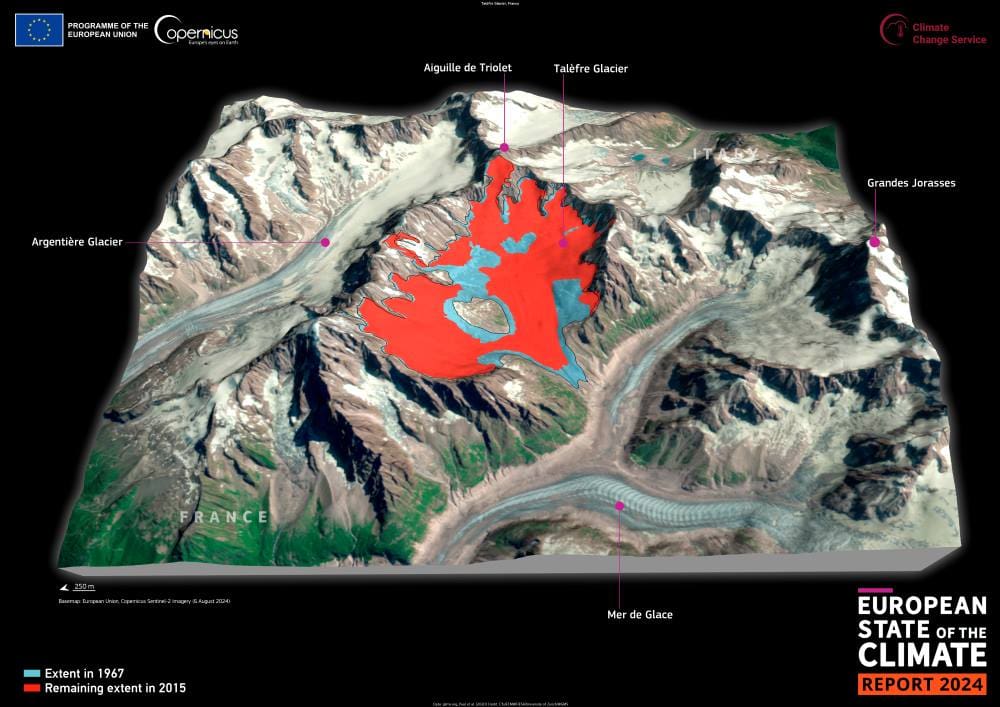Montreal, Canada (AFP) – Canada’s environment ministry said Tuesday that climate change made a recent east coast heat wave two to 10 times more likely, in its first-ever study quickly attributing extreme weather events to human activity.
In mid-June, Atlantic provinces experienced temperatures between 7-10 degrees Celsius (13-18 degrees Fahrenheit) above seasonal averages, the ministry said.
Its so-called “rapid extreme weather event attribution system” aims to quickly analyze the role of human activity on recent conditions by comparing current data with pre-industrial data.
June temperature records dating back to the 1870s, when data were first recorded, were broken in New Brunswick province, with the port city of Saint John hitting 34.5C (94.1F).
The provinces of Quebec and Ontario were also affected by the extreme weather.
The study found unusually high daytime temperatures, high humidity, and warmer-than-normal nighttime temperatures, leaving little to no respite.
“The event was much more likely because of human influence on the climate,” the agency said. It was “rare to have such conditions this early in June.”
The rapid attribution system is currently in a test phase, but will eventually be extended to other extreme weather events such as severe cold snaps and floods, the environment ministry says.
In particular, it will analyze the heat wave currently affecting Western Canada, where more than 50 daily records have been broken in British Columbia and Alberta in recent days.
With heat waves from Mexico to China and Saudi Arabia, June 2024 is the 13th consecutive month to set a record for the highest average temperature for that month, the EU’s Copernicus climate monitor said Monday.
It also became the hottest June ever measured, erasing the record already broken in 2023.
maw/mdl/des
© Agence France-Presse




